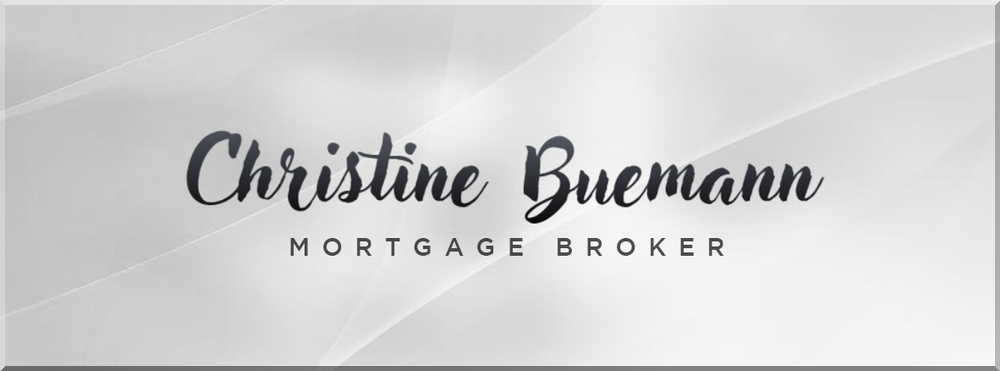Paying off your mortgage can seem like a daunting task. While statistically, most Canadians are putting extra money own every month, here is a gentle reminder about how a little bit can go a long way when it comes to mortgages. On a $250,000 mortgage here are a few scenarios that can help you cut years off your mortgage: · Switching to bi-weekly or weekly payments . You could cut almost 3 years off of your amortization by simply switching to accelerated bi-weekly or weekly payments. · Round up the bi-weekly payments. The original payment would be roughly $617 so if you rounded that up to $650, you could cut off 4.5 years. · Increase your monthly payments. Monthly payments simply work better for some people. If you were to round up your roughly $1234 payment to $1300 a month, you could still cut off 2 years. We are still in an environment of extremely low rates. Now is a great time to not only pay down your mortgage as fast as you can, but in
